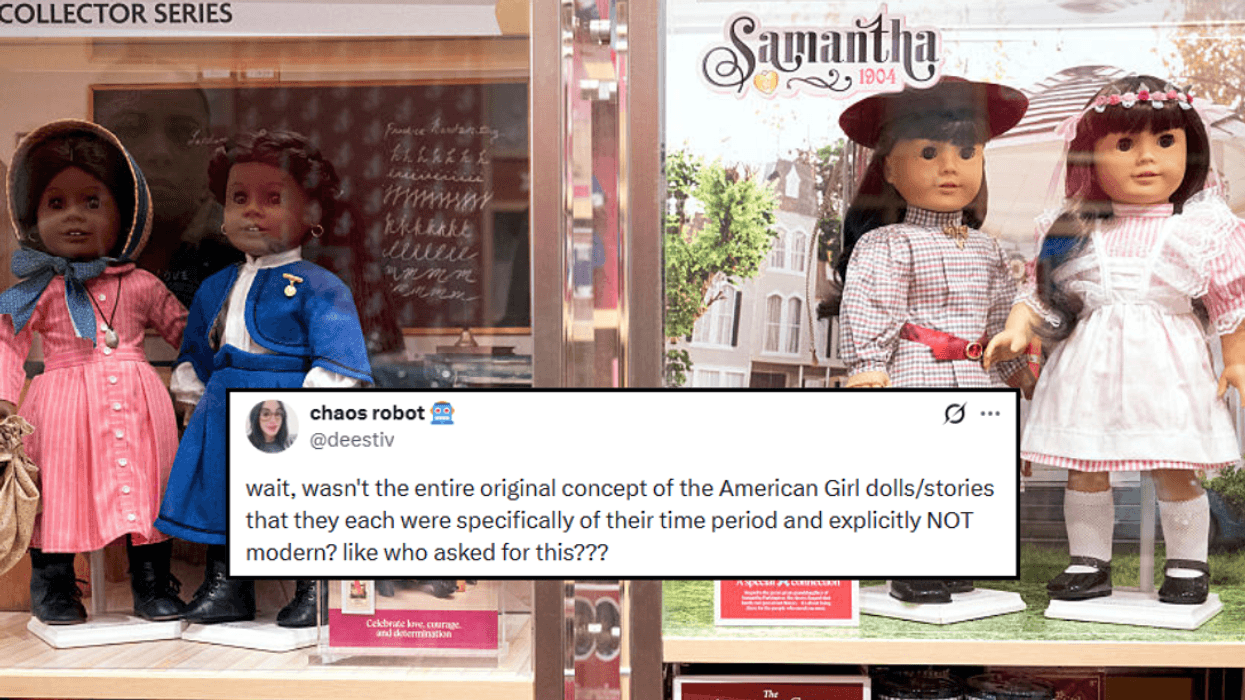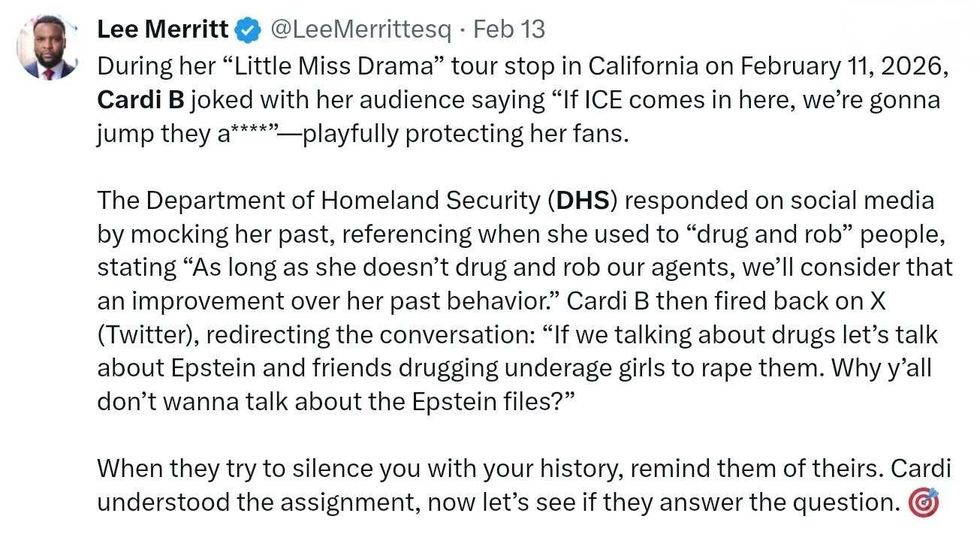Nothing lasts forever, even your own home.
What's worse, there's never any guarantee that someone will be held responsible, or that they will follow-through in making things right.
Leo Lech of Colorado is in the process of learning this. He submitted lawsuits back in August 2019 to cover the damages done to his property while the police pursued a criminal who'd hidden away in his home.
Back in June 2015, an armed suspect entered Lech's home seeking cover from the police. He was wanted for shoplifting after apparently stealing two belts and a shirt from Walmart. The suspect sealed the deal when he broke into Lech's home and shot at the police with a handgun as a means to keep them at bay.
Upon discovering his location, the police retaliated and attempted to remove him from the home by using firearms, explosives, tear gas, and a military-grade armored vehicle. At the end of the ordeal, which lasted for hours, the suspect was acquired and arrested, but what was left of the house would be condemned in the following days.
The story was shared on Reddit where it was listed under "not the Onion" for its absurdity.
from nottheonion
Whole walls were missing, large holes were blown into the sides, and there was debris everywhere inside and around the property. Fences had to be erected along the sidewalk property line to keep onlookers from getting too close.
Shockingly, a federal appeals court ruled that Lech is not entitled to be compensated for the damages to his home. Though he is in no way related to the suspect, though he was not at home and not at fault for any of the damages, he does not qualify for assistance.
Leo Lech, enraged, said:
"Under no circumstances in this country should the government be able to blow up your house and render a family homeless. This family was thrown out into the street without any recourse."
The lawyers working with Lech emphasized the importance of the Constitution's Takings Clause, which protects private property from being taken for public use without prior, fair compensation.
The courts argued, however, that the police department has long been protected from the Takings Clause, rendering them to some degree immune to the protections put in place for the public. The courts specified that, as long as the police are working to improve public safety conditions, they cannot be held financially accountable for damages that may be incurred.
The argument is the police would be burdened with additional decisions regarding damages and after-effects while attempting to keep lawful order. If they're worried about the damages they may cause, they may, in theory, make poor decisions that affect the safety and stability of the neighborhoods they're protecting.
The appeals court said:
"As unfair as it may seem, the Takings Clause simply does not entitle all aggrieved owners to recompense."
According to Lech's attorneys, the home was rendered uninhabitable, with countless damages inside the home, including the property and personal possessions.
After Lech's home was condemned, it then cost him more than 400-thousand dollars to demolish and level the property, and rebuild the home. Not to mention the additional 28-thousand dollars he put toward legal fees and processes.
Lech's lawyer said it was "unconscionable" that the city officials only paid the Lech family $5,000 in compensation.
However, Melissa Gallegos, a spokesperson for Greenwood Village where Lech's home was located, insisted there was more to the story.
In a letter, Gallegos wrote:
"What Mr. Lech also failed to tell you was that he chose on his own to demolish the house rather than repair it, repour the foundation that wasn't damaged and built a bigger better house where the old one stood."
Redditors are much less interested in what Gallegos has to say about Lech's decisions to rebuild and remodel while he's at it. They're more concerned about the police's involvement, and how we're holding them accountable—or not.
from nottheonion
from nottheonion
from nottheonion
from nottheonion
from nottheonion
However this story ends, it appears Lech is interested in pursuing this 2015 case further, though he's essentially handing over the reins to his attorneys.
The book You Have The Right: A Constitutional Guide to Policing the Police is available here.
















 @LeeMerrittesq/X
@LeeMerrittesq/X @bob_moss/X
@bob_moss/X @jelanijones/Bluesky
@jelanijones/Bluesky @Aurkayne/X
@Aurkayne/X @sadcommunistdog; @froglok/Bluesky
@sadcommunistdog; @froglok/Bluesky